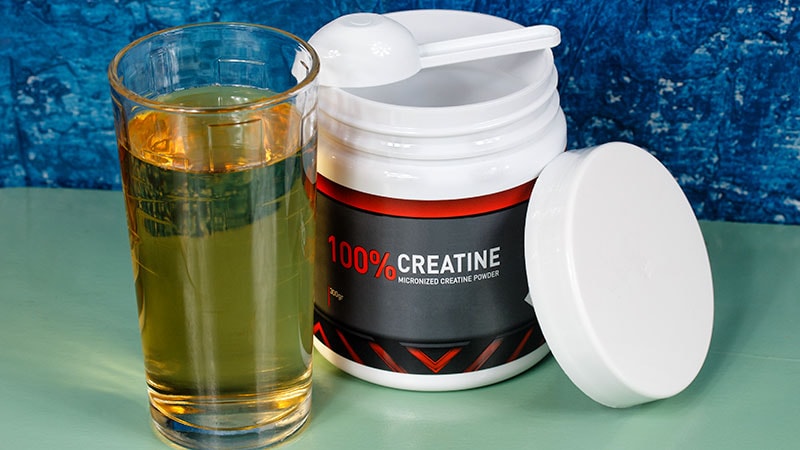T4K3.news
Creatine shows potential beyond athletics
Recent studies explore creatine's use in managing medical conditions, emphasizing safety and individual assessment.

Researchers are evaluating the potential of creatine beyond athletic use, but caution is needed.
Creatine shows promise for broader clinical applications
Creatine, long popular in sports circles, is now being studied for its potential in managing various medical conditions. Researchers are looking into its efficacy for muscle and neurological disorders, particularly in older adults. Safety studies suggest creatine is well tolerated, with limited adverse effects reported. Experts recommend caution for those with renal or hepatic issues, emphasizing the need for individualized treatment plans. Although evidence for its benefits in conditions like ALS and sarcopenia is still inconclusive, ongoing research aims to clarify its role in clinical settings.
Key Takeaways
"Supplementation helps accelerate muscle recovery by providing an available energy reserve."
This highlights one of the main functional benefits of creatine for muscle health.
"Creatine is not a miracle solution. It must be combined with a well-structured dietary plan."
This statement emphasizes that while creatine is useful, it should not replace comprehensive nutrition.
"Creatine does not significantly alter serum creatinine, indicating no renal damage."
This addresses common concerns about creatine and its effects on kidney function.
"If there's concern about kidney function, a creatinine test can help guide decisions."
This outlines the importance of monitoring health when using supplements like creatine.
The growing interest in creatine's medical applications reflects a shift in how supplements are perceived, moving from purely athletic benefits to potential therapeutic use. However, while studies show promising trends, more rigorous trials are necessary to solidify creatine's role as a clinical aid. The concerns about dosage and individual health conditions underscore the need for personalized healthcare. Creatine may not be a miracle remedy, but its integration into clinical practice could enhance patient care when used thoughtfully.
Highlights
- Creatine could redefine how we approach treatment in clinical settings.
- Safety data suggests creatine is a low-risk option for many patients.
- Research into creatine's benefits is just beginning to unfold.
- Personalized care is key when considering creatine supplementation.
Concerns about creatine supplementation for certain populations
While creatine is generally safe, there are risks for people with existing kidney or liver conditions. Individual health assessments are necessary before recommending its use.
As more studies emerge, the medical community may find new ways to utilize this supplement.
Enjoyed this? Let your friends know!
Related News

Creatine sales see 320% increase at Vitamin Shoppe

Highlights from NBA Summer League

MLB trade deadline wraps up with mixed results for teams

AI advancements draw comparisons to ancient wonders

Belgian cyclist Wellens wins Tour de France stage 15

Scottie Scheffler outlines purpose beyond winning

Michael Ilesanmi makes modeling debut

Mets acquire Ryan Helsley from Cardinals
